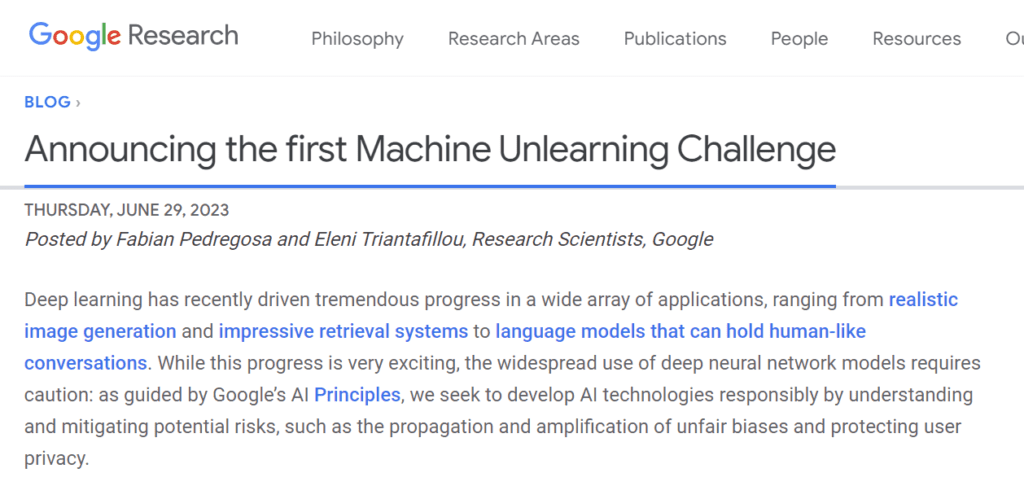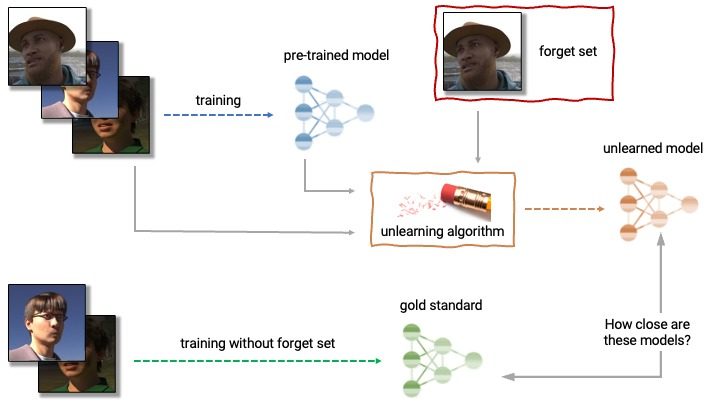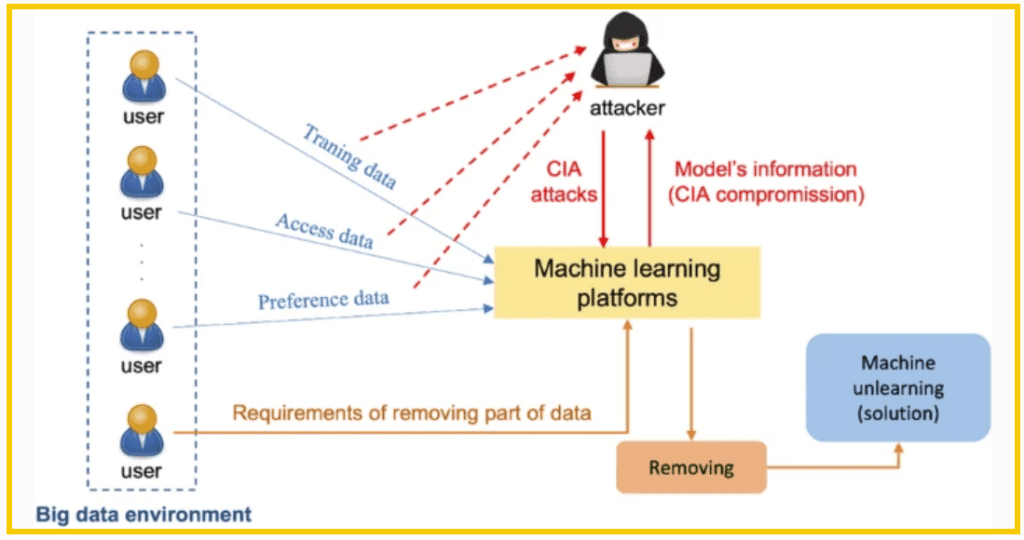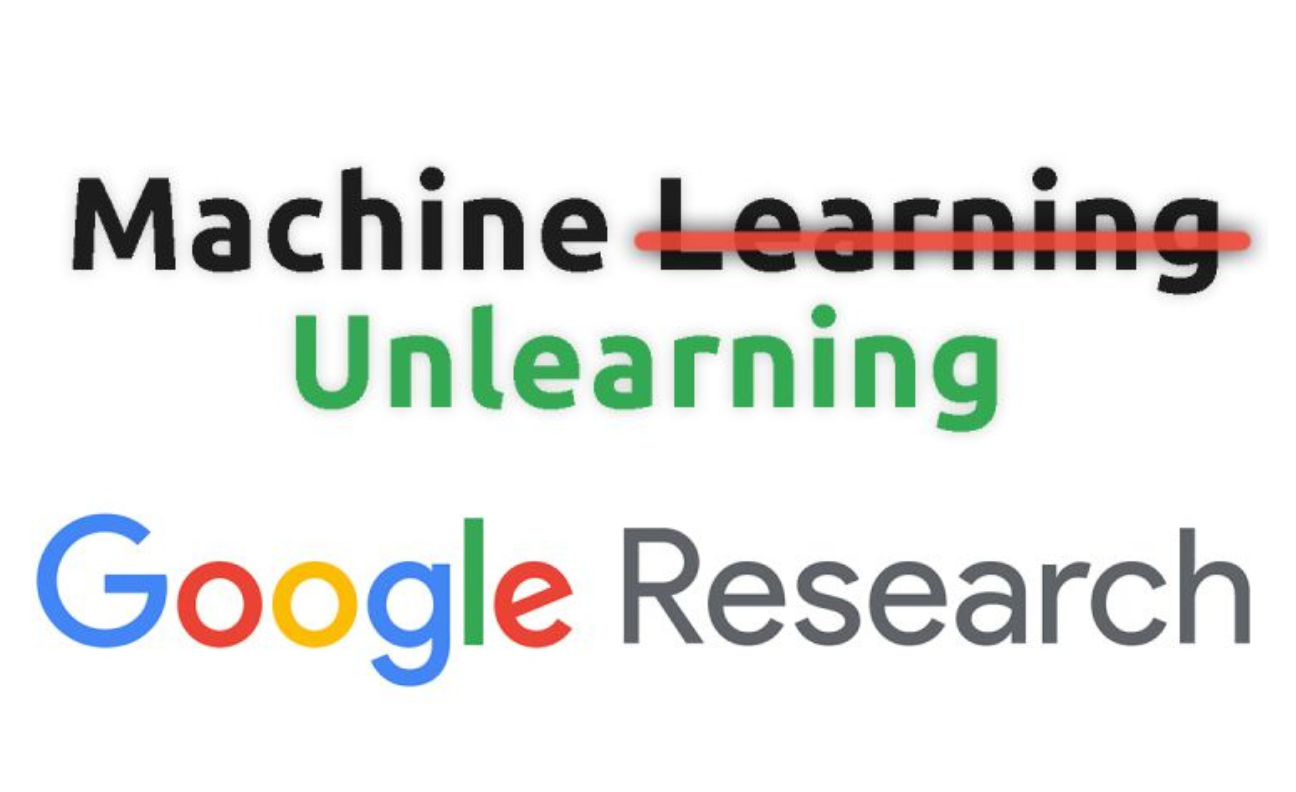Google, a pioneering force in the tech industry, has recently unveiled an innovative initiative aimed at bolstering data privacy in artificial intelligence (AI) systems.
With the introduction of the “Machine Unlearning” competition, the tech giant invites participants worldwide to develop groundbreaking techniques for removing sensitive data from AI algorithms, ensuring compliance with global data regulation standards.
This exciting contest, set to commence in mid-July and conclude in mid-September, marks a significant step towards harnessing the power of machine learning while safeguarding individual privacy.
Machine Unlearning: A Novel Approach to Data Privacy
Machine learning, a crucial subset of AI, has revolutionised problem-solving by enabling the creation of new content, predicting outcomes, and addressing complex queries. However, concerns have arisen regarding the use of personal data within these algorithms.
Recognising the need to strike a delicate balance between technological advancement and data privacy, Google aims to introduce a pioneering concept called “selective amnesia” to its AI systems.
Furthermore, through the process of machine unlearning, the company seeks to eliminate all traces of specific datasets from its machine learning models without compromising their overall performance.

Responding to Global Data Regulation Standards
Google’s machine unlearning competition not only demonstrates the company’s commitment to innovation but also reflects its responsiveness to global data regulation requirements. In an era where data privacy is of paramount importance, regulatory bodies now possess the authority to compel organisations to eliminate unlawfully obtained data.
Europe’s General Data Protection Regulation (GDPR) guidelines, for instance, grant individuals the right to demand the deletion of their data if they harbour concerns about the information they shared with a business.
Therefore, by incorporating machine unlearning techniques, Google empowers users to effectively remove their personal data from an algorithm, thereby safeguarding their privacy and preventing unauthorised exploitation.
Embracing Data Privacy in the Era of AI
As AI technologies continue to evolve and permeate various aspects of our lives, striking a delicate balance between technological advancement and data privacy becomes increasingly crucial.
However, Google’s machine unlearning competition represents a significant stride towards achieving this equilibrium. By introducing selective amnesia to AI algorithms, individuals gain the ability to reclaim control over their personal data. This not only ensures that their information remains protected but also prevents unauthorised utilisation and manipulation by external entities.
What’s more, by fostering transparency, trust, and accountability, Google’s approach to machine unlearning sets a positive precedent for other companies to follow suit, ensuring a more secure and accountable AI landscape for the future.

The Potential Advantages Unlearning Would Create
Google’s machine unlearning holds tremendous potential for various advantages in the realm of data privacy and AI. By introducing cutting-edge techniques, the competition aims to enhance data privacy by removing sensitive information from AI algorithms, empowering individuals to exercise greater control over their personal data. This innovative approach not only strengthens data privacy but also positions Google as a frontrunner in regulatory compliance, demonstrating its commitment to responsible data handling practices.
Furthermore, machine unlearning fosters trust and transparency by enabling users to understand how their data is utilised, promoting transparency in data processing and establishing a more trustworthy relationship between individuals and AI technologies.
Moreover, the competition also stimulates innovation and collaboration within the AI community, inviting diverse experts worldwide to develop novel techniques and drive significant advancements in the field.
Additionally, by prioritising data privacy, machine unlearning contributes to a more inclusive and equitable digital ecosystem, mitigating risks associated with biassed AI decisions and ensuring alignment with societal values.
Possible Negative Consequences
While machine unlearning presents numerous benefits, it is important to acknowledge potential negative ramifications. One concern is the risk of overzealous data removal, which may result in the loss of valuable information or context necessary for accurate AI predictions.
Additionally, unlearning data sets could impact the performance of AI systems, potentially leading to decreased accuracy or compromised functionality. Technical challenges and the need for efficient algorithms further complicate the implementation of unlearning techniques.
Moreover, ensuring complete data erasure and addressing ethical considerations surrounding data removal pose additional challenges. Striking a balance between data privacy, system performance, technical limitations, and ethical considerations becomes crucial to mitigate potential negative implications.
Therefore, careful consideration and responsible implementation are necessary to navigate the complexities associated with machine unlearning in AI systems.

Conclusion
Google’s introduction of the machine unlearning competition signifies a groundbreaking effort to prioritise data privacy within the realm of AI. By opening up the competition to participants worldwide, the tech giant encourages collaboration and innovation in developing techniques to remove sensitive data from machine learning algorithms.
As individuals gain the ability to protect their personal information and prevent unauthorised utilisation, Google paves the way for a more secure and accountable AI landscape. Also,by championing data privacy in the era of AI, Google sets an example for other companies to follow, ensuring that technological advancement goes hand in hand with individual privacy and data protection.
Furthermore, through sensible initiatives, such as the machine unlearning competition, we can move closer and further advance to a future where the power of AI is harnessed responsibly, benefiting society while respecting the rights and privacy of individuals.









